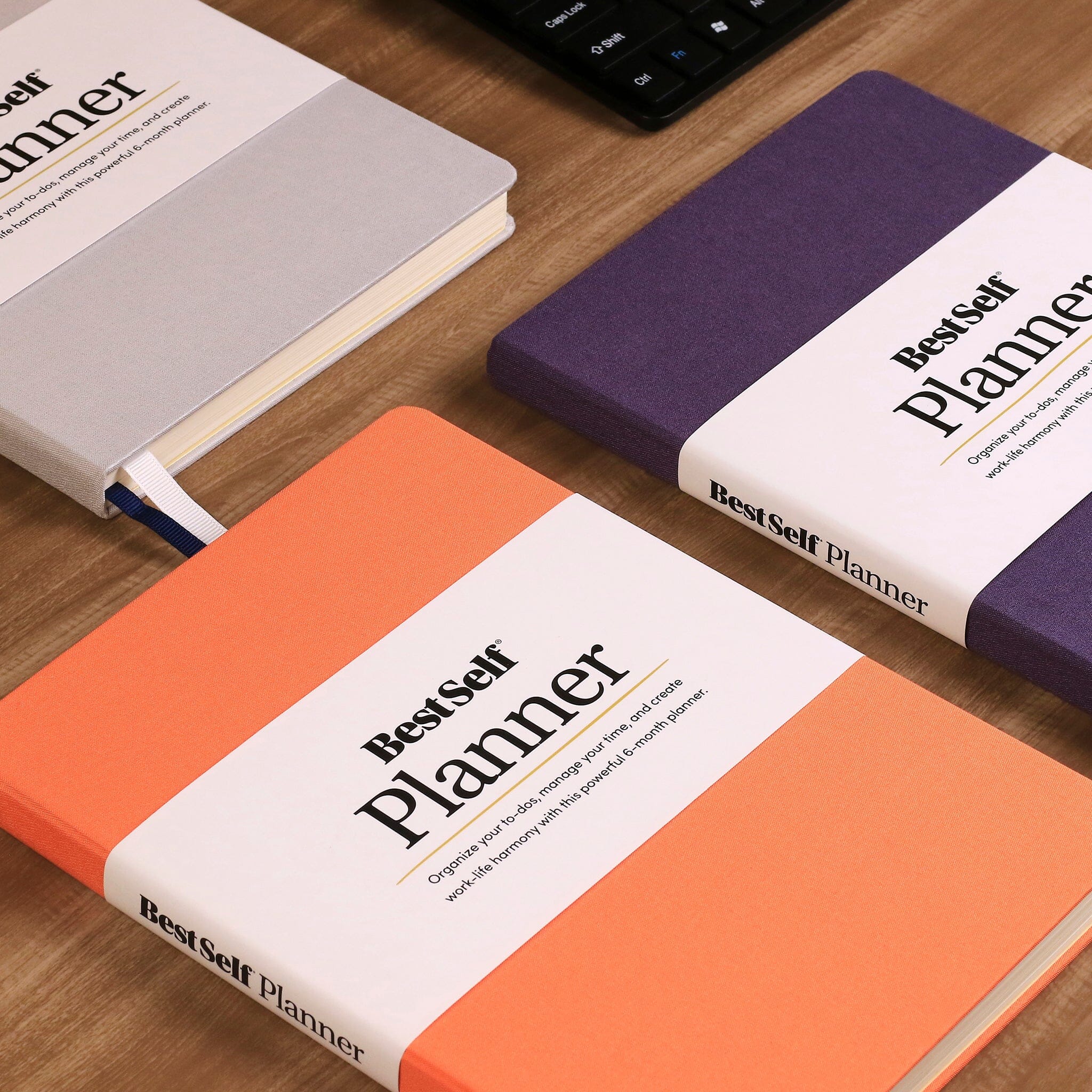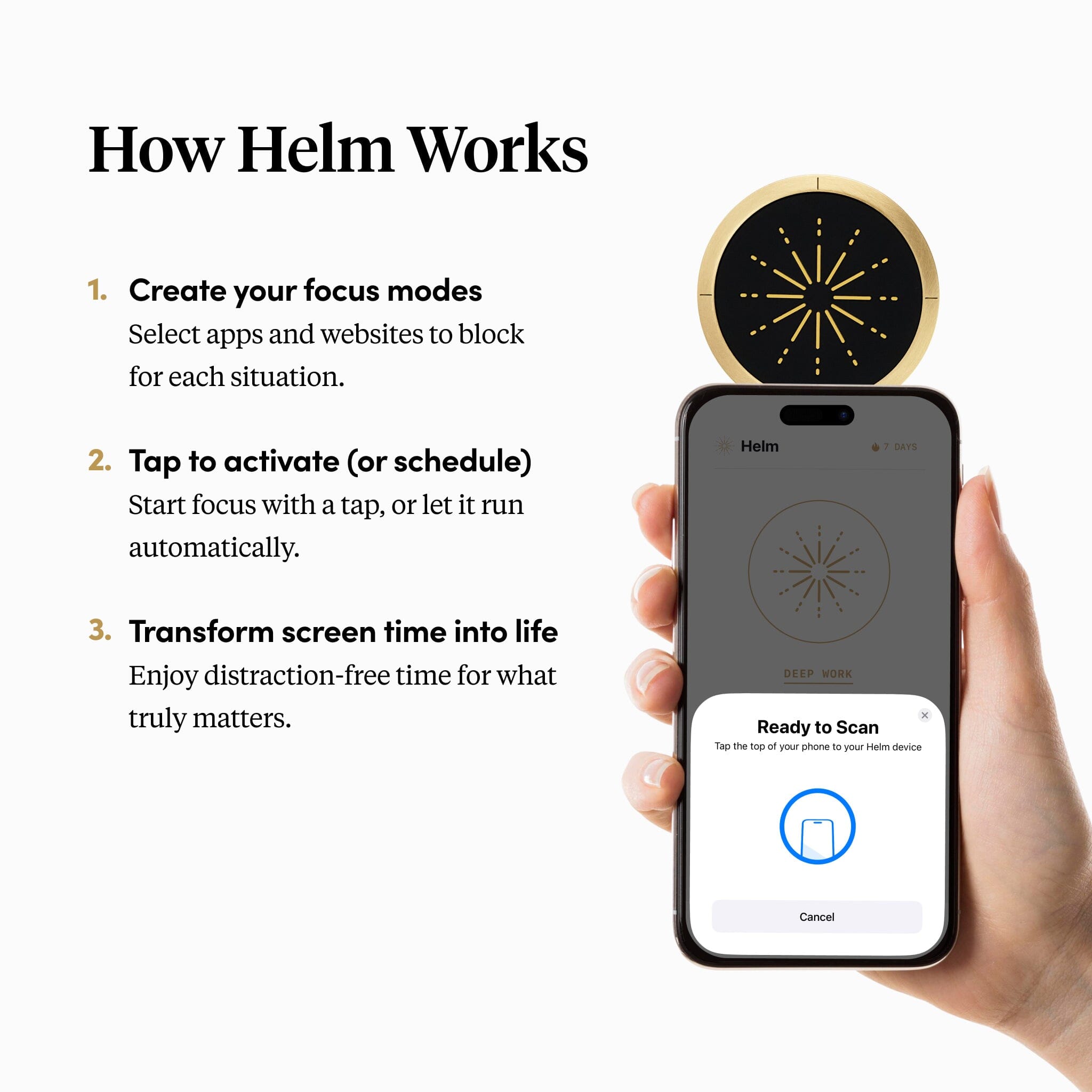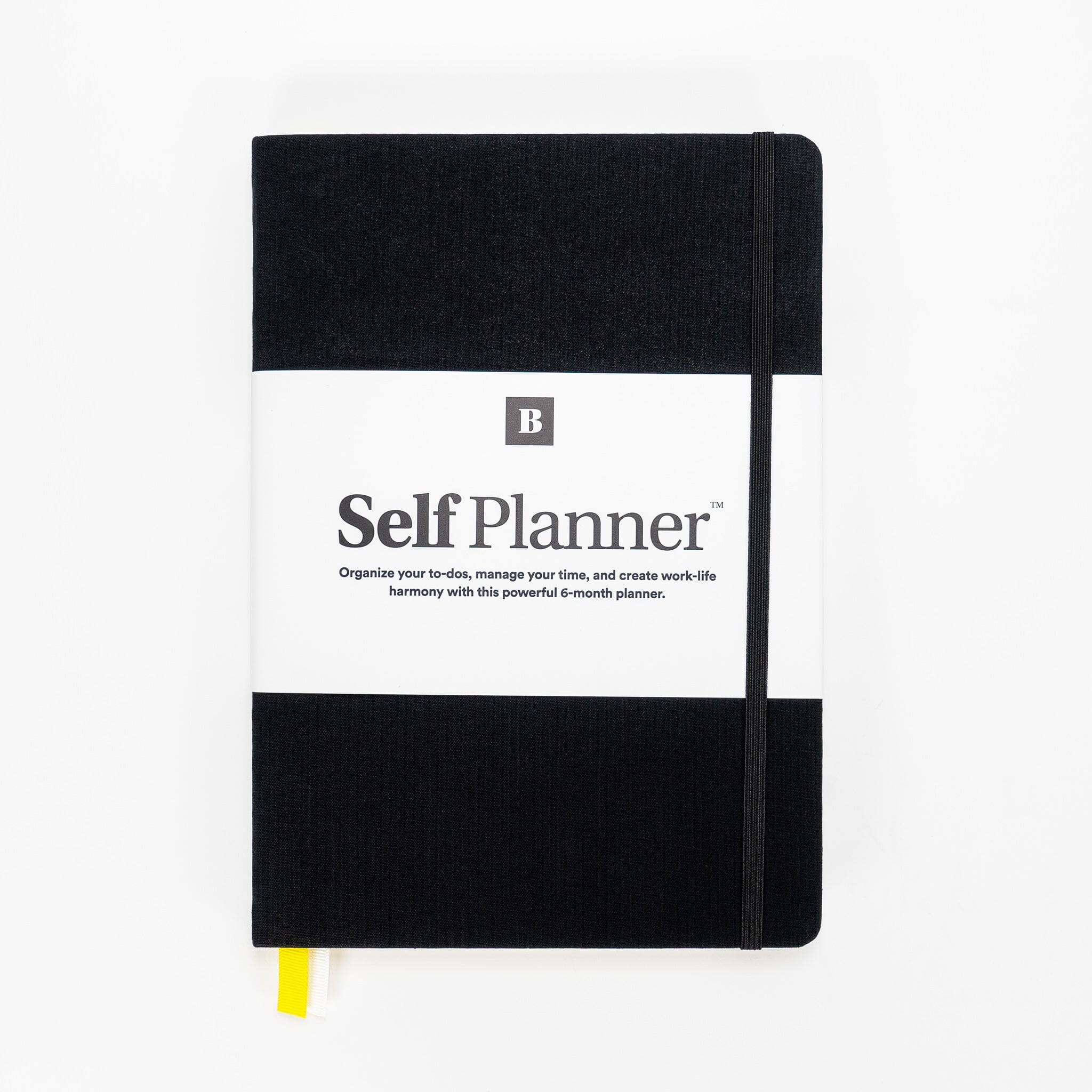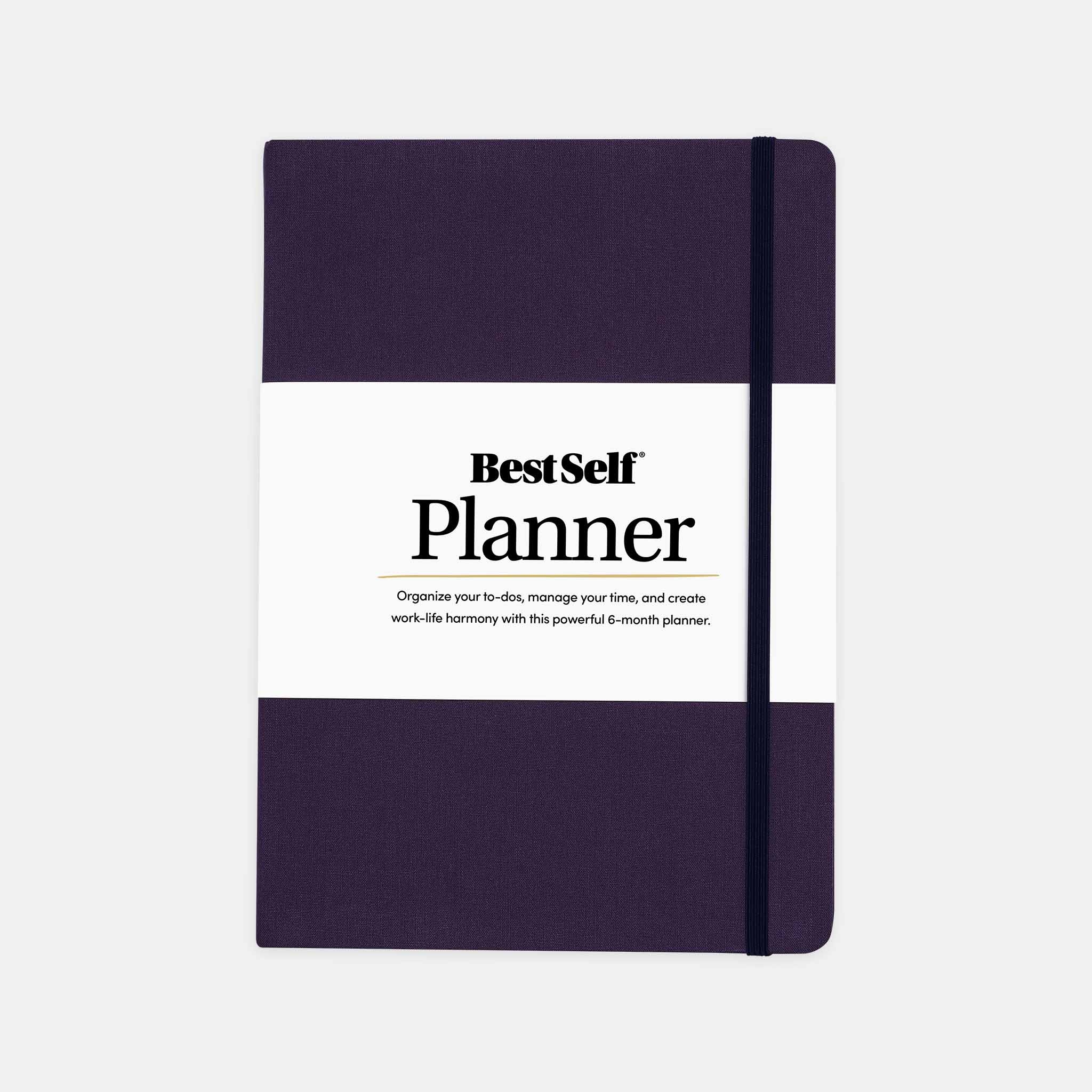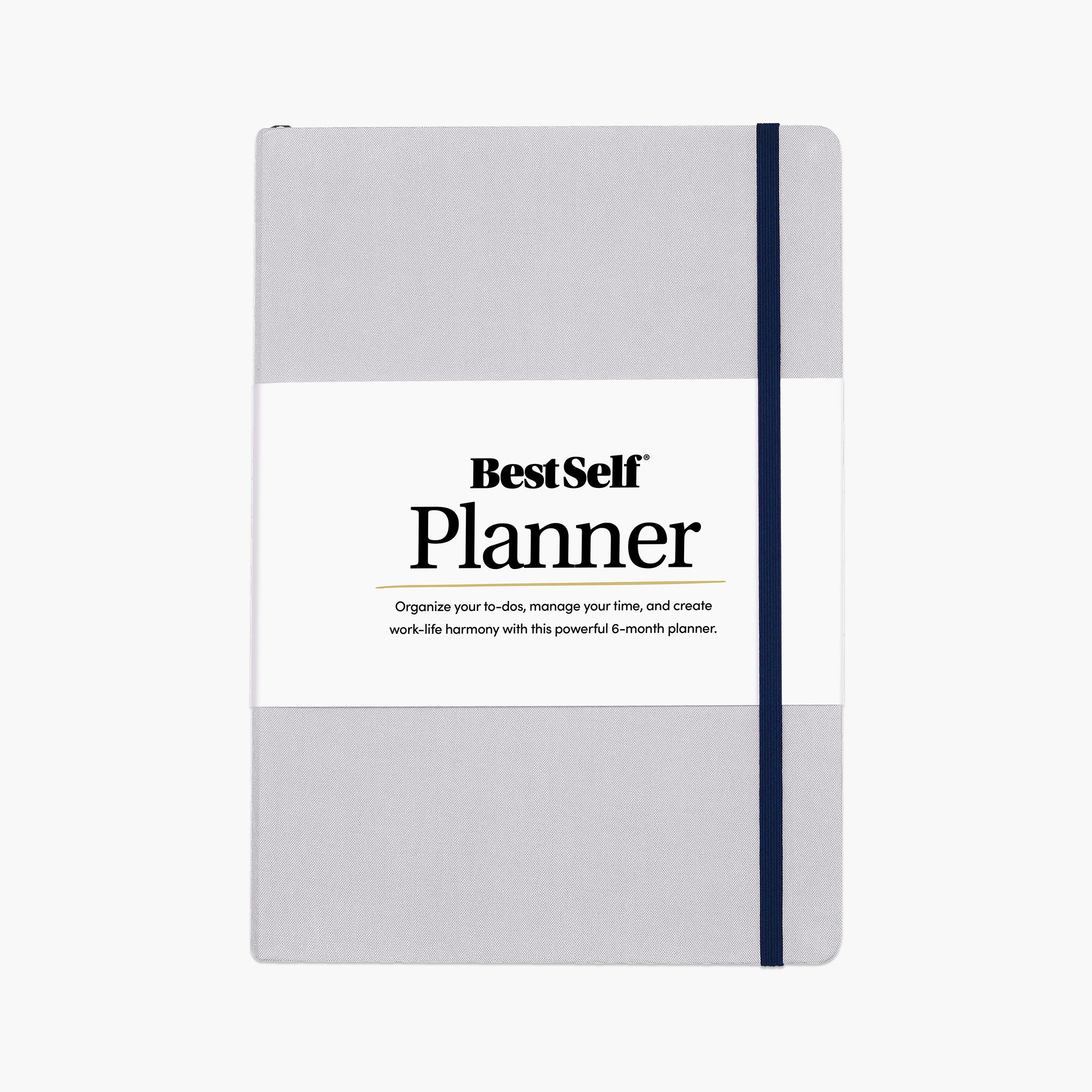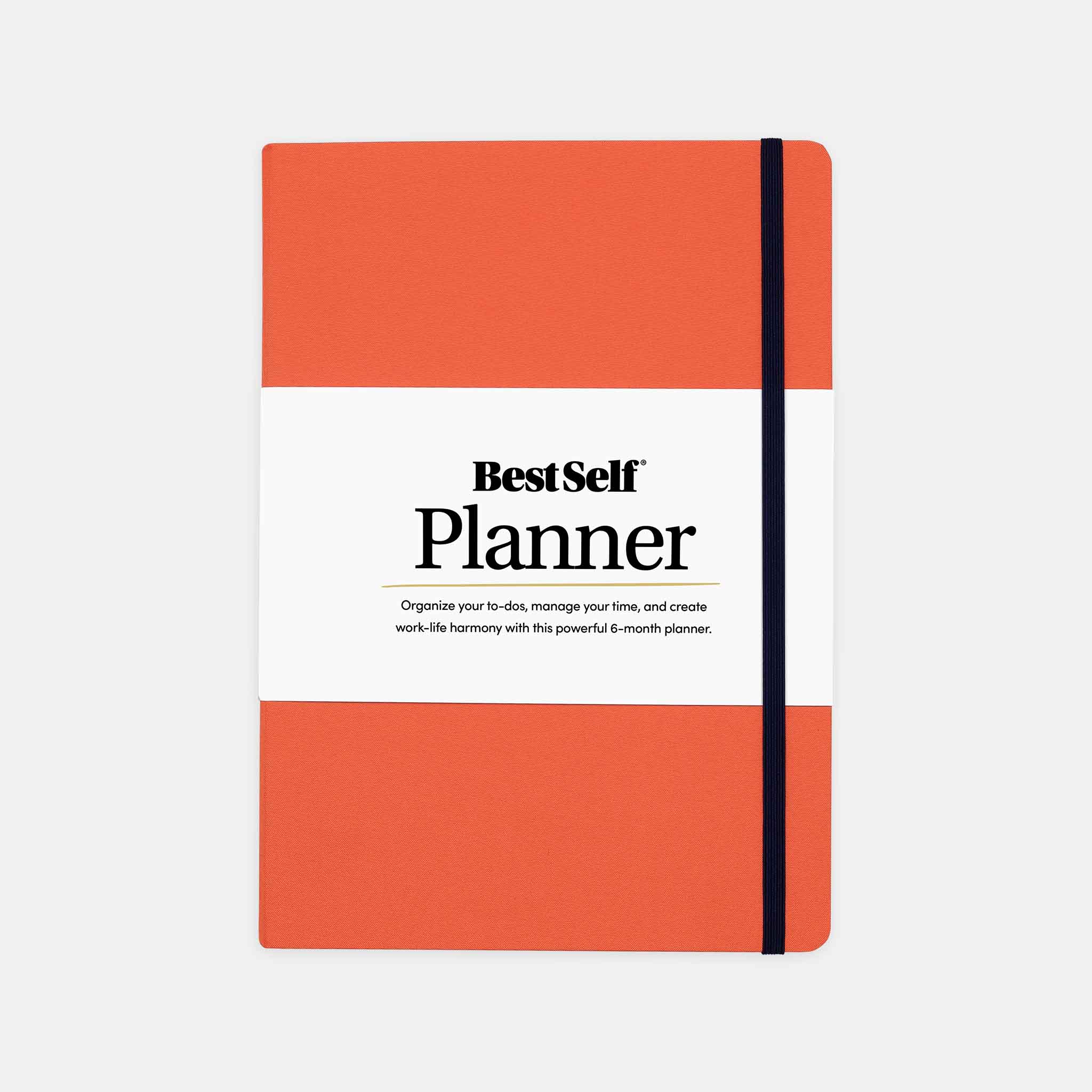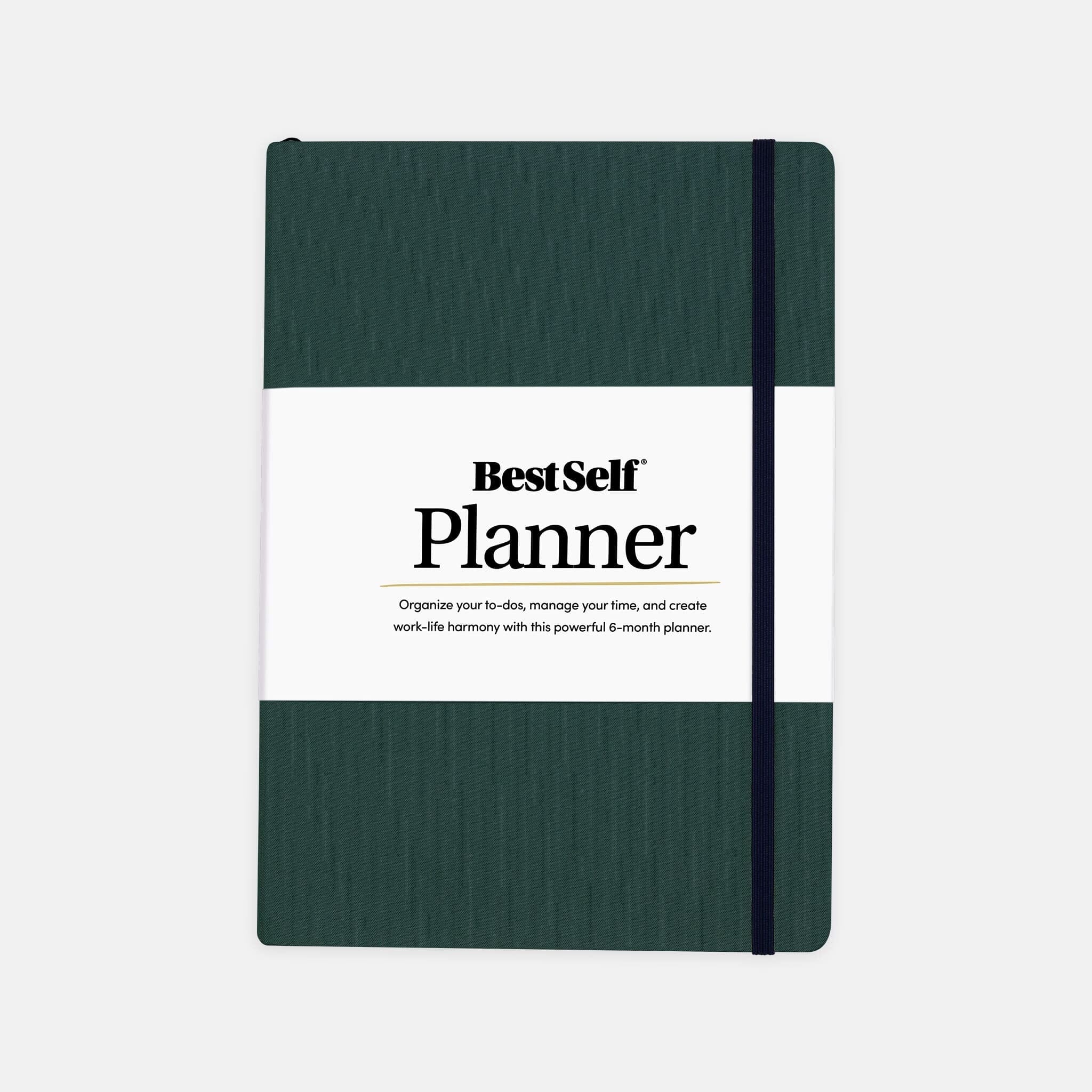As an entrepreneur, setting goals is what you do. You set goals to grow your revenue by a certain percentage each quarter, goals to meet with a certain number of potential investors each week or goals to write a certain number of words per day.
But while you’re busy setting goals for your business, are you neglecting setting goals for yourself in the process?
Are you letting your business goals crowd out personal development? It’s easy to get so focused on your professional and business goals that you forget the importance of personal goal setting. However, setting goals for yourself is essential, keeping you fresh as both an entrepreneur and a person. Let’s have a look at why.
Personal vs. Professional Goals

What makes a goal “personal” as opposed to professional or business? The most obvious answer is that a personal goal is one that doesn’t relate to your work, but this isn’t always the case. After all, you could be a freelance writer with a personal goal of publishing a memoir. Both technically relate to your profession of writing, but the memoir goal is decidedly in the personal camp.
Therefore, we prefer to define personal goals as those that you pursue solely for the enjoyment and fulfillment they provide. In general, they don’t directly relate to making money, or at least don’t have making money as their primary end. Continuing with the above example, you might make a bit of money from selling a book you self-published on the side, but that money is secondary to the joy you get from putting your story out into the world.
Personal goals don’t have to be related to artistic output. They can involve anything you do for personal fulfillment, such as reaching a particular fitness benchmark, learning a new skill or growing as a person.
With that definition out of the way, here are some essential benefits of setting personal goals.
1. Increased Self-Confidence
When you set goals and achieve them, it provides a major boost to your self-confidence. This increase in self-confidence will improve all areas of your life, from your relationships with people to your success in business to your overall sense of well-being. And your personal goals provide the perfect low-stakes sandbox to boost your self-confidence through “small wins” on the goals that you already find meaningful enough to pursue in your free time.
2. Pushing Your Comfort Zone
Along with boosting your self-confidence, setting personal goals also provides an opportunity to expand your comfort zone without the risk of serious consequences for failing to meet your goals. If you make the wrong decision in your business, it can jeopardize your livelihood. Therefore, you’re less likely to take risks in business, even when it’s ultimately to your advantage to do so.
With personal goals, in contrast, taking risks and going beyond what’s comfortable are far less potentially disastrous. Yet, you still get the practice taking risks in a safe environment, ultimately making you more comfortable with pushing your comfort zone in higher stakes areas such as growing and developing your business.
3. Personal Development
Setting goals for yourself offers an opportunity for a type of self-improvement that you don’t get in your professional goals. Sure, learning to get better at sales or sharpening your knowledge of a particular software provide a kind of improvement experience that can be rewarding. But these goals do little in the long run to make you a better person.
With personal goals, in contrast, you have the opportunity to improve yourself in a way that lasts beyond your specific job, company or career. This process offers a chance to remember that life is about more than just spreadsheets and dollar signs — it’s also about figuring out who you want to be.
How to Set Personal Goals
Now that you understand what personal goals are and what benefits come from setting them, let’s take a look at how to set personal goals that you’ll be able to achieve.
1. Pick Meaningful Goals

If you’re going to devote the time to achieving a personal goal, it ought to be one that means something to you. This is a decision that only you can make, and you shouldn’t base it on the goals that other people say are worth achieving.
Just think about the number of people who resolve to run a marathon each New Year, only to stop in frustration after a couple weeks of the pain that comes from working toward a goal they didn’t care about to begin with. It’s far better to pick a goal that matters to you — you’ll enjoy the process of reaching it and be far more likely to succeed.
2. Balance Long-Term and Short-Term Goals
While there are no rules for setting personal goals, we recommend striking the right balance of short term and long term. This way, you have big things to work towards while still benefiting from the motivation that comes from achieving things in the short term.
For example, you might have a long-term vision of running a marathon, but that’s far too big a goal to help you maintain the motivation to meet it. To balance this, you can break that down into smaller goals that form a marathon training plan that consists of running a certain number of miles per week. This way, you’re far more likely to accomplish your goal.
3. Set SMART Goals
The SMART goal-setting framework is a powerful tool that you can use to set yourself up for success to achieve any goal you want. It consists of setting goals that meet the following criteria:
• Specific• Measurable
• Achievable
• Relevant
• Time-bound
With this (or any similar framework) in place, you’ll be able to increase your chances of achieving your goals to a far greater degree than if you start without a plan. For a full exploration of SMART goal setting, check out our SMART goals guide.





